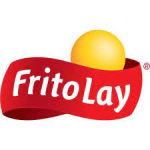The application of the Participatory Market Chain Approach (PMCA) stimulated inclusive innovation in diverse value chains benefiting over 100,000 smallholders in Peru and elsewhere
Published on: April 24, 2021, Submitted by Enrico Bonaiuti on: April 23, 2021, Reporting year: 2020
After 2002, the International Potato Center (CIP) developed the Participatory Market Chain Approach (PMCA) in the Andes, innovating with native potatoes and other value chains adapting to changing climate (2, 3). Since then, the PMCA has been used with value chain actors using several capacity development tools, building trust and launching new products in Uganda, Kenya, Bangladesh, Nepal, India, the Philippines, Indonesia, Albania and elsewhere. The PMCA has been taken up by many partners involving women, youth groups.
Participatory Market Chain Approach (PMCA) User Guide
The Participatory Market Chain Approach (PMCA), developed by the International Potato Center (CIP) after 2002, brings together farmers and other market chain actors to work together to create new enterprises, business opportunities, and marketable products. The PMCA was first used in the Andes, with many public- and private-sector partners, rekindling interest in the native potato. In 2005, Peru declared an annual national potato day. Chefs became interested in the native potato; it began to be sold in supermarkets in attractive net bags and as colored potato chips. These purple, red or yellow chips are still sold in supermarkets across the world (2).
CIP introduced the PMCA to Uganda (2005-2007), where it was successfully validated in potato, sweetpotato, tomato, and chili pepper value chains (2, 3). For three years (2014 to 2016), the Expanding Utilization of RTB and Reducing Their Postharvest Losses (ENDURE) project used the PMCA with the Ssemwanga Center, Africa 2000 Network, and other partners in the cassava, banana, potato, and sweetpotato value chains. Innovations included waxed cassava, village-level banana seed production, improved potato storage, and silage from sweetpotatoes (1). After 2007, Ugandan facilitators organized other PMCA exercises in Uganda and neighboring countries, with indigenous African leafy vegetables, and systematically incorporated gender (6, 7).
PMCA was the organizing framework for the Agriculture and Nutritional Extension Project (ANEP), funded by the European Union in Bangladesh and Nepal (2011—2014) that increased communication, knowledge-sharing, and levels of trust among input suppliers, smallholder fish farmers, and traders. Smallholders began to participate more in input and fish markets, as they produced, sold, and ate more fish in both countries (6, 7).
Between 2008 and 2009, CIP used the PMCA in potato value chains in West Java, Indonesia. This led to the creation of the farmer business school (FBS), based in part on the farmer field school (FFS). CIP used the FBS as part of the Food Security Through Asian Roots and Tubers (FoodSTART) project in the Philippines (2012-2015), funded by the International Fund for Agricultural Development (IFAD) to help 1600 farmers organize small businesses. Food Resilience Through Root and Tuber Crops in Upland and Coastal Communities of the Asia-Pacific (FoodSTART+) has since scaled up the FBS, using PMCA, in India, the Philippines, and Indonesia. The farmers, generally women, work in organized groups to create small businesses.
In 2002, the International Potato Center (CIP) developed the Participatory Market Chain Approach (PMCA) to connect farmers with other market chain actors. The PMCA’s three phases can take several years to complete. In phase 1 the actors get to know each other. Then they analyze market opportunities (phase 2) and jointly develop innovations (phase 3). Each phase ends with a public event, where stakeholders present their results and bring new partners into the innovation (6). Uniquely, PMCA involves processors and other private-sector actors, besides farmers (7, 8).
In Peru, native potatoes had become stigmatized as “poor people’s food” and their continued cultivation was vulnerable. PMCA partners created new products, such as gourmet native potatoes in one-kilo net bags, sold in supermarkets, and colored chips (or crisps). Over 100,000 smallholder farmers and other value chain actors benefitted, with more than 70% growth in sales of native potatoes and price increases of 150%. The value of Peru’s native potato exports rose from US$821,000 in 2010 to US$2.5 million in 2015 (6, 7). Other experiences through 2010 included coffee in Peru, dairy in Bolivia, and yams in Colombia.
CIP shared the PMCA with partners in Uganda (2005-2007), who innovated with potato chips, orange-fleshed sweetpotato flour, and dried chili pepper for export. They also began to add gender inclusion tools (2).
As part of a three-year CIP project called Expanding Utilization of RTB and Reducing Their Postharvest Losses (ENDURE) in Uganda (2014-2016), the PMCA was adopted to work with post-harvest innovations, such as storage, marketing, and processing of banana, potato, sweetpotato and cassava. Several farmer groups (mainly women) began to produce healthy banana seed for sale to others. The ENDURE experience showed that PMCA encouraged a management style, not limited to a rigid log frame (1).
Experience with the PMCA in Indonesia, the Philippines, and India led to the development of the farmer business school (FBS), a new model inspired by the farmer field school (FFS). In the FBS, farmers (mostly women, in this case) work together in organized groups of 25 to start their own small businesses. After 2012 the Food Security Through Asian Roots and Tubers (FoodSTART) project benefitted 1600 farmers in Asia with enterprises based on potato, sweetpotato, vegetables, coffee, and cattle (2).
The PMCA has also been used on a fish culture project in Nepal and Bangladesh, with potatoes in Albania and elsewhere. It is adaptable to any value chain.
Stage of Maturity and Sphere of influence
-
Stage of Maturity: Stage 3
-
Contributions in sphere of influence:
1.2.2 - Reduce Market Barriers
1.3.1 - Diversified enterprise opportunities
Acknowledgement
CGIAR partners include CIP, RTB, IITA, CIAT, Bioversity, and ILRI. Local (non-CG) partners include CAPAC, Ministry of Agriculture, Frito Lay, Grupo Gloria, FOVIDA, ADERS-Peru, Mi Chacra, EMMSA (wholesale market), Instituto Nacional de Innovación Agraria (INIA( and Wong Supermarket, in Peru (2, 7). SEDERA, PROINPA and CAD in Bolivia (2, 7). PBA Foundation in Colombia (2). Instituto Nacional de Investigaciones Agropecuarias (INIAP), INALPROCES, CONPAPA in Ecuador (2, 7). Self-Help Africa, Makerere University, Uganda Martyrs University, International Institute of Rural Reconstruction (IIRR), CIRAD, NARO-MUZARDI, RASD, PELUM, ASARECA, DFID, Ssemwanga Center, Africa 2000 Network, Agribusiness Initiative Trust, Tom Cris, Nyamarogo potato farmers, UNSPPA, VEDCO in Uganda (1, 2, 7). Association of Strengthening Agricultural Research in Eastern and Central Africa (ASARECA), Kenya Agricultural Research Institute (KARI-Kakamega), Ugunja Community Resource Centre (UCRC), Farm Concern International (FCI), Siaya Sustainable Economic Enterprise Development (SEED) in Kenya (7). Sustainable Agriculture Support for Albania – FiBL, in Albania (7). IVEGRI, Department of Agriculture and Food Crops, Government of West Java, Daarut Tauhid in Indonesia (7). Research-Into-Use (DFID), iDE-Nepal, Ministry of Agriculture, in Nepal (7). Funding has been provided by the SDC (for the early work in Peru through the Papa Andina Program), by the European Commission through IFAD for the ENDURE project in Uganda, by DFID for the fish project in Bangladesh and Nepal, by USAID for the leafy vegetables in Uganda, by SDC for the project in Albania, GiZ for work with hot peppers in Bolivia and Peru, and by IFAD for the FoodSTART and FoodSTART+ projects in Asia, among others.
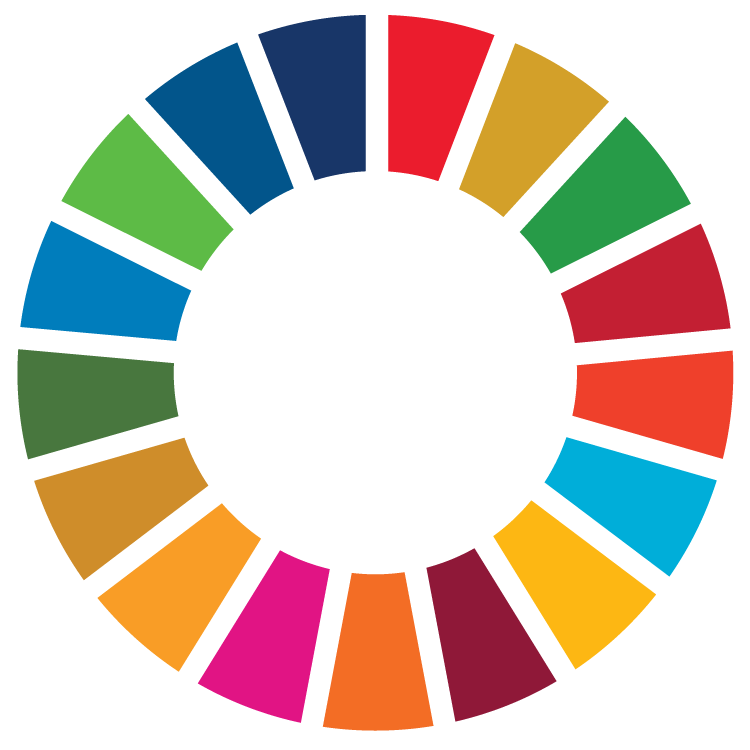
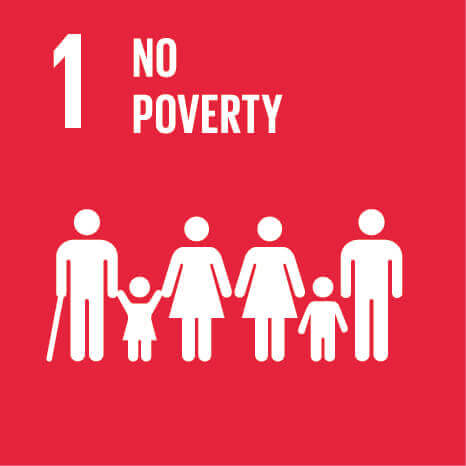
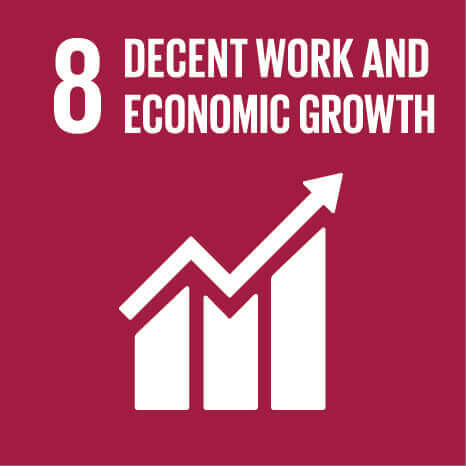
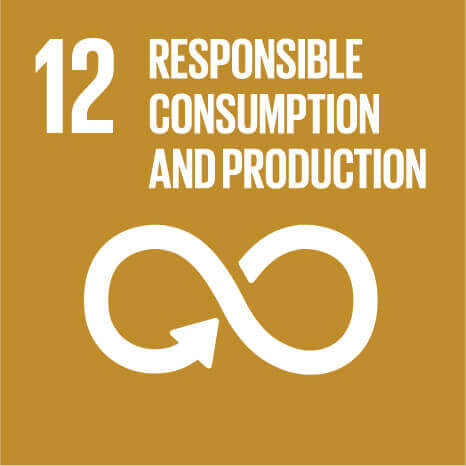
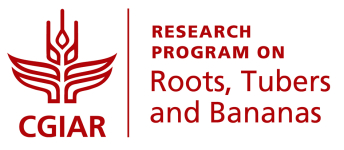
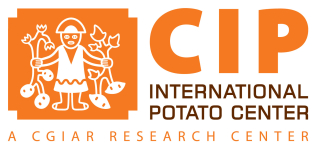
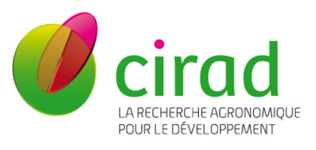


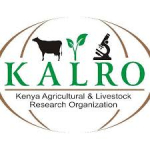

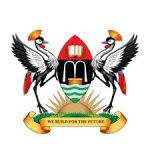
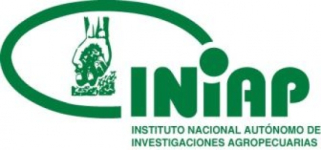
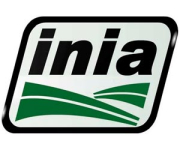
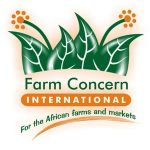
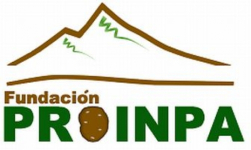
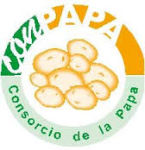

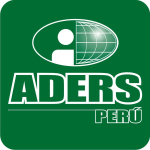


.jpg)



